Some tribal officials are seeking a medical marijuana compact similar to the gaming compact the state has with the tribes.
From Green Bay Press Gazette by Frank Vaisvilas March 27, 2023
ODANAH – The Bad River Ojibwe Tribe in northern Wisconsin this month posted a job application for a legal consultant to assist the tribe with opening a retail cannabis business on the reservation.
The posting points out that Wisconsin has not yet legalized cannabis and the consulting service requested would be for a future project.
The job posting was released March 20, less than two weeks after the State of the Tribes Address in which Sokaogon Tribal Chairman Robert Van Zile encouraged legislators in Madison to legalize cannabis and have the tribes in Wisconsin be part of operations.
Some tribal officials are seeking a medical marijuana compact similar to the gaming compact the state has with the tribes.
“The general pulse of cannabis policy reform in Wisconsin has been stagnant, and it was very encouraging to hear Chairman Van Zile address legalization at the State of the Tribes Address this month,” said Rob Pero, a Bad River tribal member who launched the state’s first Native American independently-owned CBD company.
He said he wasn’t involved with Bad River’s business development team, but did congratulate those involved.
“Ultimately, we are so excited for Bad River to start the discovery phases of entering the cannabis industry,” Pero said. “As a member of Bad River and a business owner in the space, I’m really happy to see them take this step.”
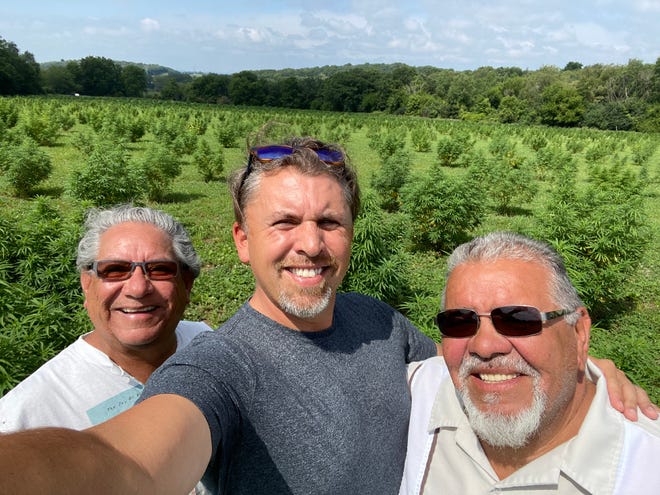
Last year, Pero founded the non-profit Indigenous Cannabis Industry Association as a way for tribal citizens and organizations to talk to each other in a “safe space” to explore what can be done legally in the cannabis industry in Wisconsin and elsewhere in Indian Country.
“We (the ICIA) recommend that tribes should be taking the steps now to poise for legalization,” he said. “At our Wisconsin Cannabis Industry and Policy Summit last month, we met with tribes from all over the state who are in this preliminary, exploratory phase, just trying to determine what the next steps are.”
Indigenous Cannabis Industry Association:Wisconsin’s first Native American owner of cannabis business launches national nonprofit to strengthen industry
Matthew Fletcher, professor of law at the University of Michigan who specializes in tribal law, doubts tribal nations can have much success in the cannabis industry without a change in federal law.
“The only way to do that would be on tribal trust land/Indian Country land, and since federal law still bans cannabis, no, there’s no way,” Fletcher said. “That doesn’t mean tribes won’t do it, but they are at the complete mercy of the whims of the federal government’s decision to prosecute or not. It’s no way to do business. Same is true even if the state makes it legal.”
But Pero believes tribes that are interested can still find their own unique way to enter the industry and help diversify revenue.
“There are complexities and risks to consider while states legalize and the federal government drags its feet,” he said. “The real factors we’ve found that have been obstacles to tribes across the country have to do with capacity and the resources needed to begin developing feasibility statements. And once they decide to begin weighing the opportunity, every tribe will have a different road map to follow.”https://www.usatodaynetworkservice.com/tangstatic/html/pgrb/sf-q1a2z37a5af424.min.html
Both medical and recreational cannabis is legal for sale and consumption in Illinois, which has collected about $36 million in tax revenue from cannabis from Wisconsin residents, according to a state estimate.
“It’s going to take ongoing work to destigmatize cannabis, but it will be good for the state, for public health, for sustainability initiatives both economic and climate friendly,” Pero said. “We’re here to consult with Bad River and other tribes looking to explore their options as they need it.”
The current deadline to apply for the cannabis legal consulting job with Bad River is April 18.

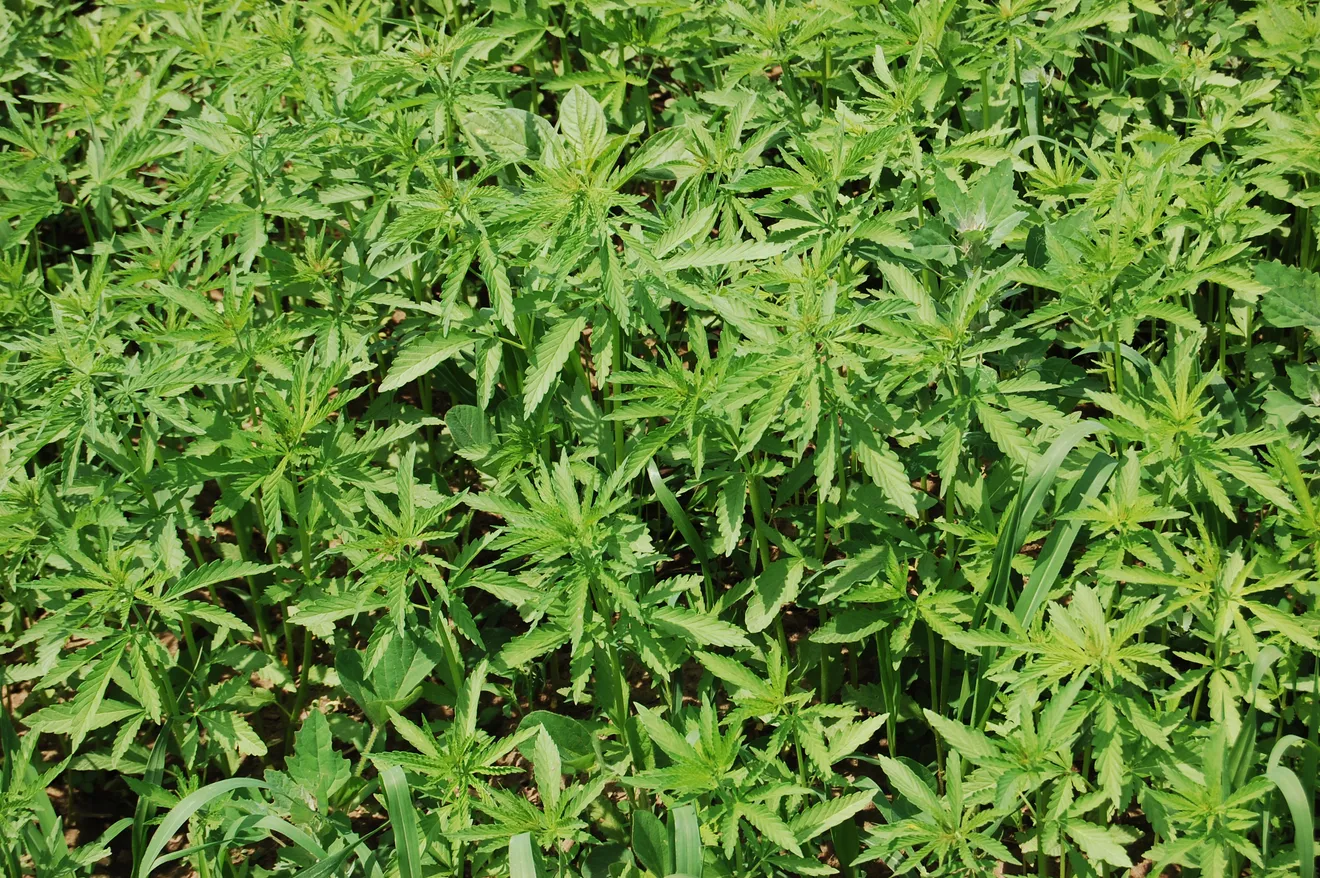
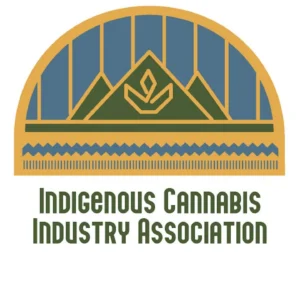
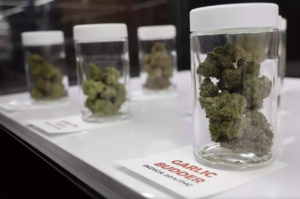

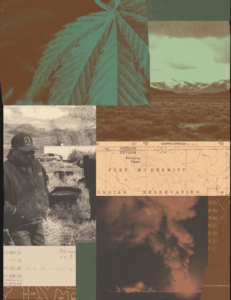

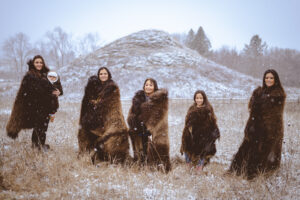





Comments are closed.